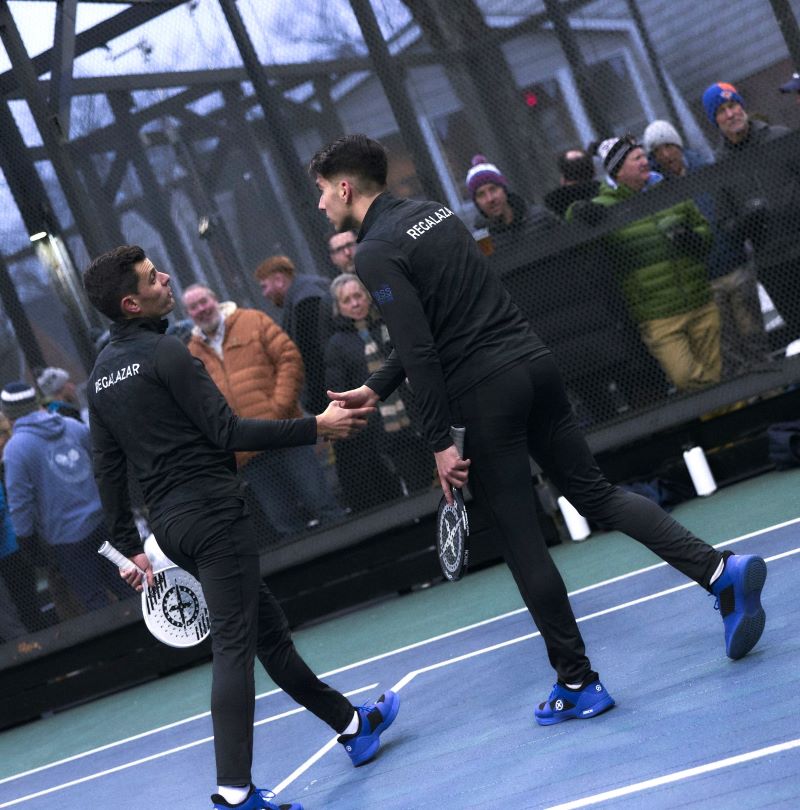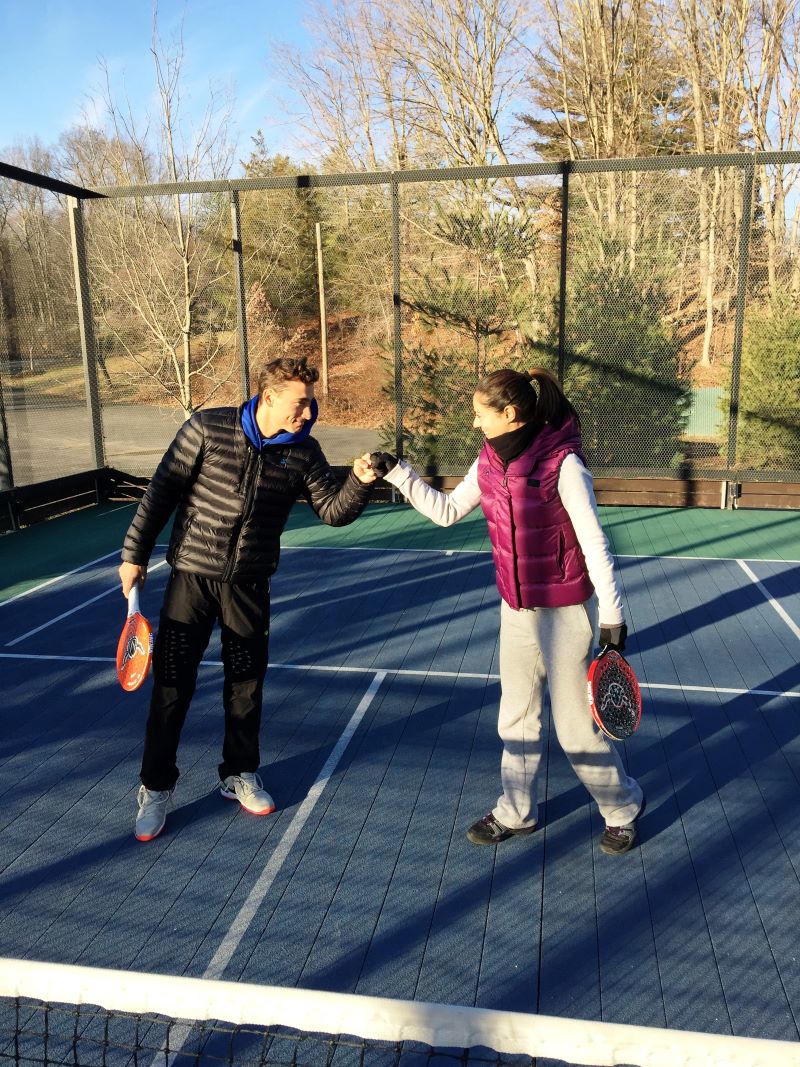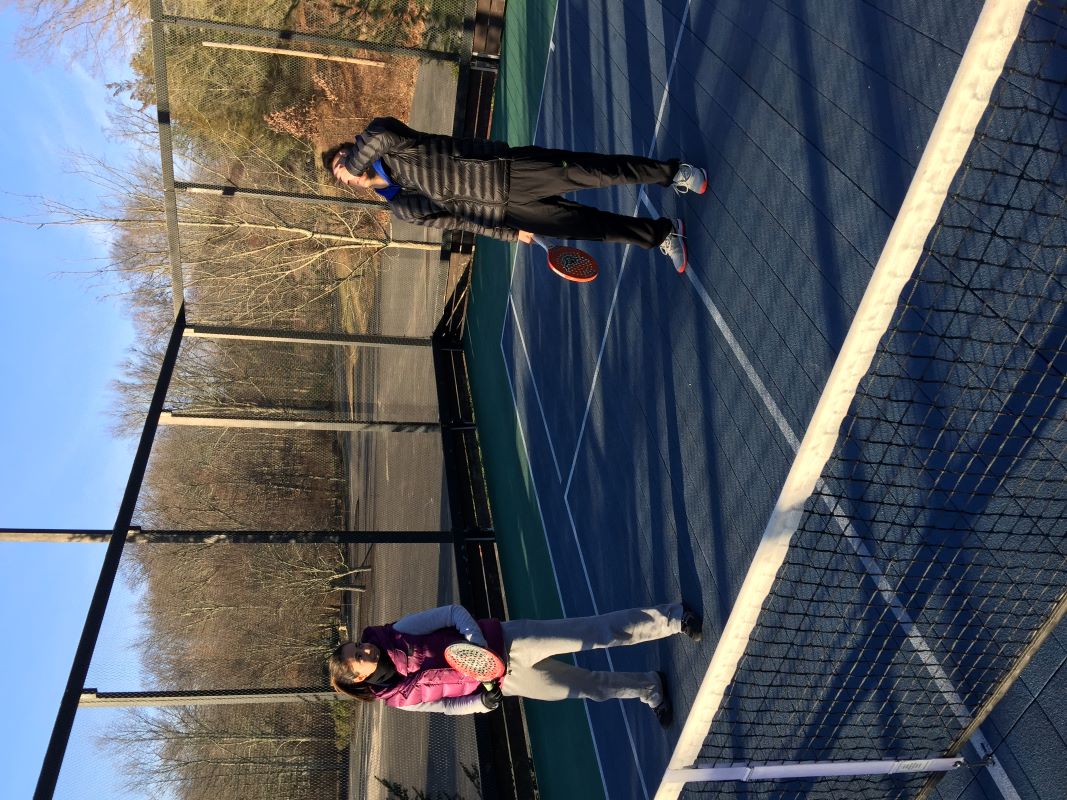NEWS
What Makes a Good Partner?

The game of paddle has become so much more competitive over the last few years, especially with the emergence of very accomplished tennis pros picking up the game. There are so many good teams out there both at the club level and on the pro circuit, but only a few are considered great teams. Great teams all share one common characteristic: a great partnership.
Thinking about tough situations that happen on the court, how do you and your partner fare? The ultimate question may be: When you are in a third set serving for the match and your partner faults away the game: How do you respond? Many teams practice their strokes, screens, and strategy together, but how often do you practice being a good partner?
Here are 3 indispensable components to being a great partner.

From the moment you decide to play with someone, you are fully committed to the team. Take these-after-match comments overheard in the hut: “I played really well but my partner just wasn’t on today and played poorly.” Or similarly, “We should have won but my partner didn’t play well enough for us to win.” That attitude cannot exist if you want to be successful; a good partner never gives up on the team and understands that all matches are won and lost as a team.
2. Communicate (and not just when you’re winning) Times get tough on the court and you are not always on your best game. You will go through many stretches of good and bad play within a match. The key is to communicate in order to limit the stretches of bad play. When you don’t support your partner or give him the silent treatment when he may be playing poorly, it will not help the team. Your partner will start losing confidence and end up playing even worse, possibly scared to miss shots, play tight, and potentially upset the non-supportive partner even more. Good partners communicate and use encouragement to keep the team focused whether they are winning or losing.
Comments that should be heard often: “Good shot” “Right idea” “Keep swinging” “We’ll get the next one”. Good partners are very quick to adapt and they communicate throughout the match regardless of the score.
3. Be Positive Don’t make the game harder than it already is. No negative attitudes allowed! Have fun on the court; after all, that is the reason why we all play the game. Keep a positive mindset no matter the score and look to build up your partner's confidence throughout the match. The best teams are the ones that win even on their bad days; they stay positive and they find a way to overcome the tough moments.
Next time y
Max Le Pivert is the Director of Racquets at the Boathouse & Field Club on Martha’s Vineyard and runs L’Acadamie Elite Paddle Camp.


